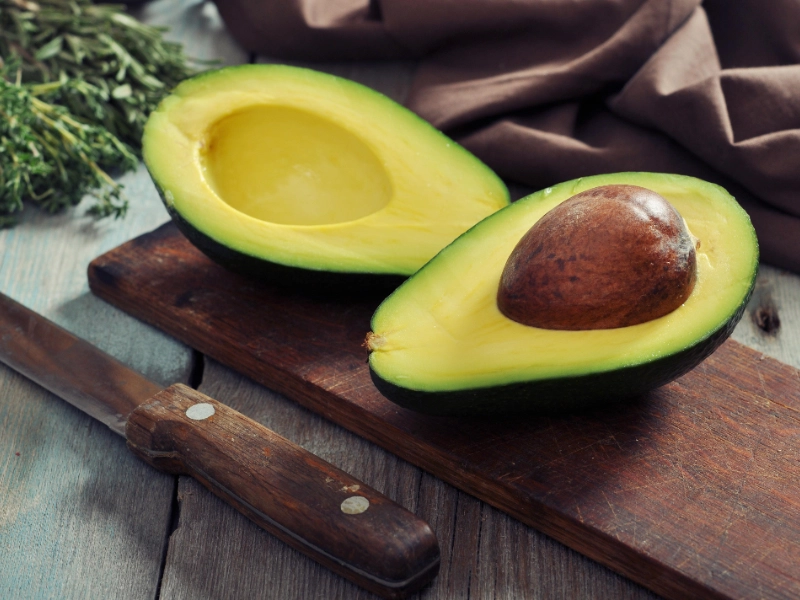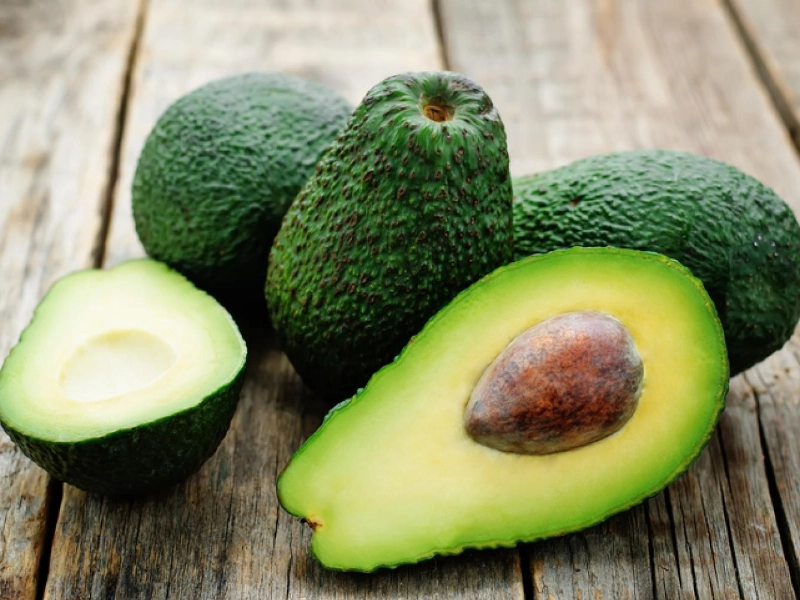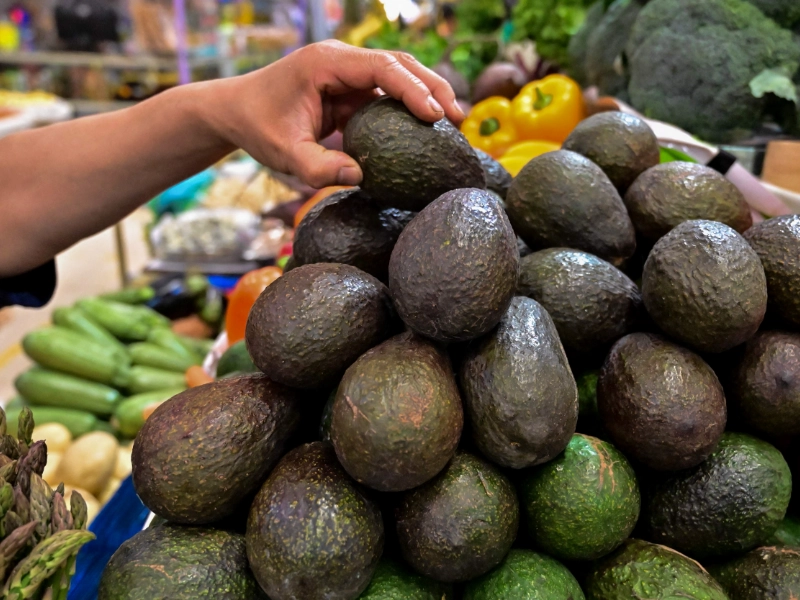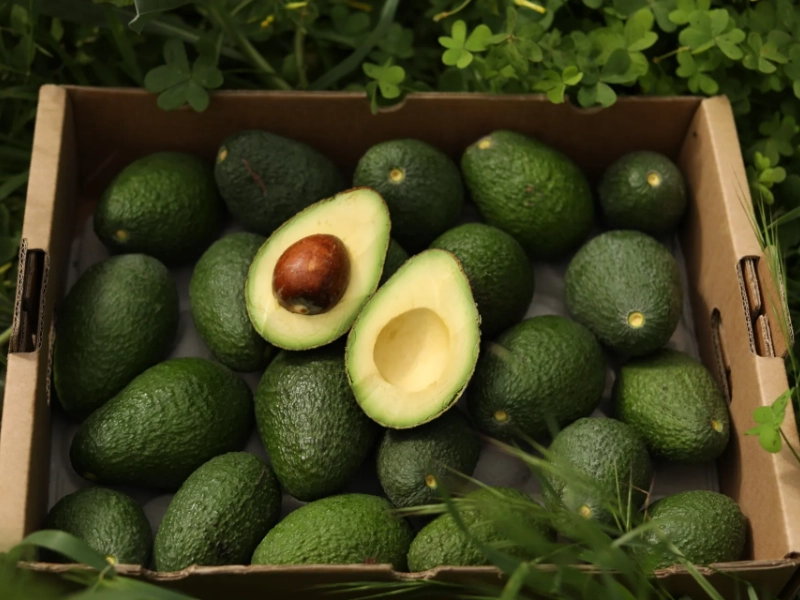Although avocados are rich in fiber, some people find them irritating to their digestive system. This is because avocados contain polyols, which are indigestible carbohydrates that can cause unpleasant gas symptoms and are not absorbed in the small intestine. They also take longer to pass through the stomach than other foods, increasing your risk of bloating and wind pain. However, there are strategies to reduce the effects of these beneficial fats.

 Avocados are heart healthy because they are rich in fats. However, for some people, these fats can cause bloating. If this is a problem for you, consider reducing your avocado intake or combining it with more easily digestible foods. Gas buildup in the stomach and intestines is a typical cause of bloating. Food intolerance, allergies, and constipation can also be the cause. There are several ways to reduce the symptoms of bloating, including physical activity, vitamins, and breathing exercises.
Bloating can also be caused by fiber, but this is less common than other reasons. It is good to eat lots of fruits and vegetables that are high in fiber, but don't eat a lot at once. This is because eating these meals can cause digestive problems as they take up space that should be occupied by water and other nutrients. Several fruits and vegetables, such as broccoli, cauliflower, cabbage, kale, artichokes, and Brussels sprouts, are rich in fiber.
Avocados are heart healthy because they are rich in fats. However, for some people, these fats can cause bloating. If this is a problem for you, consider reducing your avocado intake or combining it with more easily digestible foods. Gas buildup in the stomach and intestines is a typical cause of bloating. Food intolerance, allergies, and constipation can also be the cause. There are several ways to reduce the symptoms of bloating, including physical activity, vitamins, and breathing exercises.
Bloating can also be caused by fiber, but this is less common than other reasons. It is good to eat lots of fruits and vegetables that are high in fiber, but don't eat a lot at once. This is because eating these meals can cause digestive problems as they take up space that should be occupied by water and other nutrients. Several fruits and vegetables, such as broccoli, cauliflower, cabbage, kale, artichokes, and Brussels sprouts, are rich in fiber.
 Histamine is a natural substance essential for the immune system, gut flora, and digestion. In some people, it can cause indigestion, bloating, and itching. It may be due to food intolerance or allergies. Avocados, ripe foods, and certain fruits and vegetables contain histamine. Bloating indicates excess gas production in the body. It is also a typical symptom of irritable bowel syndrome.
If you have high histamine sensitivity, avocados may not be the best option. Consider consuming them with other foods that do not contain histamine, such as leafy greens. These consist of mustard greens, collard greens, Swiss chard, and kale. You can also try boiling the avocado to lower histamine levels. If you have a histamine sensitivity, it is recommended to consult a nutritionist before adding avocado to your diet. Make sure to eat avocados ripe, as they are easy to process.
Histamine is a natural substance essential for the immune system, gut flora, and digestion. In some people, it can cause indigestion, bloating, and itching. It may be due to food intolerance or allergies. Avocados, ripe foods, and certain fruits and vegetables contain histamine. Bloating indicates excess gas production in the body. It is also a typical symptom of irritable bowel syndrome.
If you have high histamine sensitivity, avocados may not be the best option. Consider consuming them with other foods that do not contain histamine, such as leafy greens. These consist of mustard greens, collard greens, Swiss chard, and kale. You can also try boiling the avocado to lower histamine levels. If you have a histamine sensitivity, it is recommended to consult a nutritionist before adding avocado to your diet. Make sure to eat avocados ripe, as they are easy to process.
 Avocados are rich in potassium, which helps keep blood sodium levels in check and prevents water retention. They also contain heart- and stomach-healthy fats and fiber. However, some people experience bloating and gas when they eat too many avocados. If these symptoms start appearing after eating avocados, it's likely an intolerance or allergy. It's important to consult a doctor to find out the underlying reason for your suffering.
Gas and bloating are usually signs of digestive dysfunction and occur when the body can't properly break down carbohydrates or emulsify lipids during digestion. They then remain in the small intestine and stomach, where they can spoil, ferment, or putrefy. Overeating foods high in FODMAPs can alter the gut flora that aids digestion. Reducing your avocado intake or eating it with other easily digestible meals may reduce these symptoms.
Avocados are rich in potassium, which helps keep blood sodium levels in check and prevents water retention. They also contain heart- and stomach-healthy fats and fiber. However, some people experience bloating and gas when they eat too many avocados. If these symptoms start appearing after eating avocados, it's likely an intolerance or allergy. It's important to consult a doctor to find out the underlying reason for your suffering.
Gas and bloating are usually signs of digestive dysfunction and occur when the body can't properly break down carbohydrates or emulsify lipids during digestion. They then remain in the small intestine and stomach, where they can spoil, ferment, or putrefy. Overeating foods high in FODMAPs can alter the gut flora that aids digestion. Reducing your avocado intake or eating it with other easily digestible meals may reduce these symptoms.